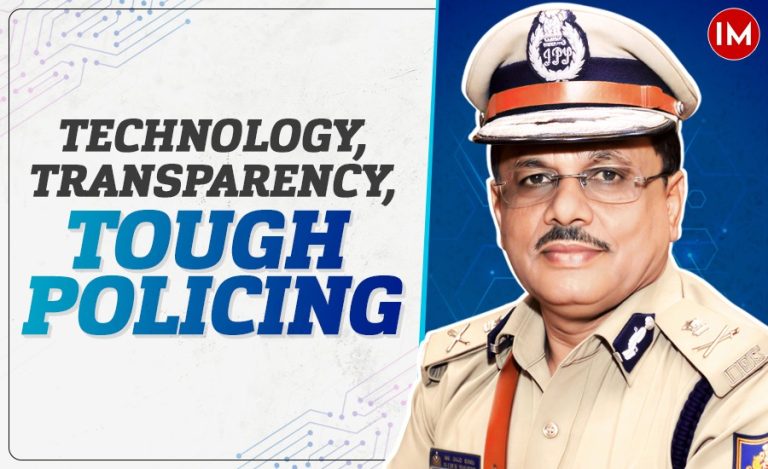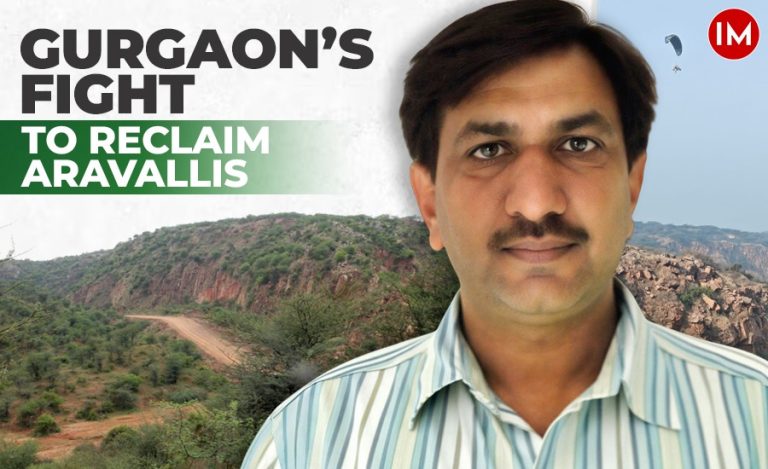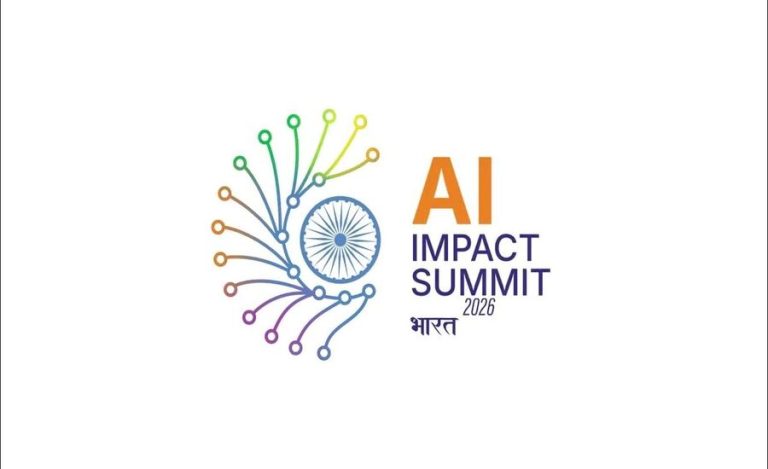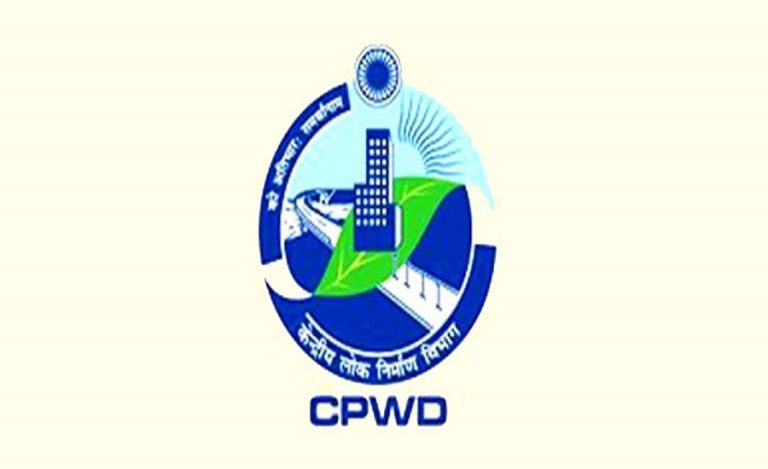Are we letting Social Media become a Termite?
In just a decade, social media has gone from being a novelty to permeating our lives and personalities, from being fun to agonizing over responses to posts—our craving for approval reflecting a crisis of self-worth—from sharing information and building relationships to spreading disinformation and taking meaning out of the relationships, and from being a personal tool to being a deadly weapon in the power-money games being played around us, with a deep and barely understood impact on our lives, behavior, and society.
What is Social Media?
So, what is social media? It is a digital space, comprising online platforms and tools, where users can post photos, videos, opinions, news, and personal updates, and also follow or engage with others’ content. If you are not connected through Facebook, Instagram, X, LinkedIn, or WhatsApp, you are seen as living in the dark ages. YouTube also joins this club as the happy hunting ground of a new breed known as “influencers“; no area is too sacrosanct! Simply put, social media has turned every internet user into both a content consumer and a content creator.
The Approval Engine: A Deep Human Need
At the heart of it, social media taps into something deeply human — our desire to be seen, heard, and appreciated. It offers us the comfort of connection and the thrill of approval. Each like, comment, or forward acts like a small pat on the back. It feels good. But slowly, without realising it, we begin to depend on it. We post more often, not to express, but to impress. Beneath the apparently harmless compulsion to share lies a need for approval, subtly feeding our self-worth through likes, comments, and shares. This is not always conscious.
Psychologically, this signals a shift from intrinsic to extrinsic self-worth. The mirror we once held up to ourselves is now held up by others. We start curating our lives like advertisements — showing only what looks good. This dependence on external validation can reflect — and amplify — underlying insecurities, especially among adolescents or those navigating identity crises. But even the most confident among us are not immune.
Social Media Iceberg: The Agenda Below the Surface
Social media platforms are designed to exploit the psychology of engagement. Infinite scrolls, autoplay videos, and variable reward schedules — all mirror the logic of slot machines. The goal isn’t connection; it’s retention. Your attention is the product, and advertisers are the buyers. Behind every “like” is a profit motive. Every algorithmic suggestion is a calculated move to keep you hooked. It’s not just accidental addiction — it’s engineered dependency.
How does the system operate? Social media platforms use algorithms to decide your feed and what is visible/recommended, based on your interests and what is trending. It is free, but the platforms make money by selling targeted ads, charging payments for promoting content, offering subscriptions or paid features, etc. Your attention and data are the real currency.
Social media appears simple on the surface — you post, others respond, and you scroll. But beneath that surface lies a highly sophisticated, invisible system driven by data, algorithms, and monetisation strategies. It’s not just about connection anymore; it’s about surveillance, persuasion, and profit.
Social Media: A Termite?
Social media is not inherently good or bad. It is a mirror, amplifier, and magnifier — of our hopes, fears, vanities, and insecurities. Used wisely, it can enrich life. But the current trends are worrying. We have shorter attention spans and struggle to focus on reading, conversations, or even our own thoughts. This leaves little room for reflection, imagination, or original ideas, so essential for deep thinking and creativity. Our personal lives are now public, with platforms tracking everything: habits, locations, moods, and even conversations. Comparing ourselves with the curated, unrealistic lives of others is lowering our self-esteem. Our emotional health is taking a beating, including teenagers suffering from loneliness, anxiety, depression, and body image issues. People are often more connected to screens than to their own families, losing long hours that could be better spent on learning, relationships, or rest. The sleep cycle is disrupted; the mind is overstimulated, restless, and fatigued.
Loss to society is equally worrying. Truth and trust are infected with the cancer of misinformation, which spreads faster than verified facts, with conspiracy theories, fake news, and deepfakes eroding public trust in media, science, and institutions. Social media encourages shouting over dialogue, polarising people into “us vs. them.” Even elections are influenced through micro-targeted ads, fake campaigns, and manipulated content, swaying voters by emotional manipulation. We are becoming culturally shallow, with attention drawn to viral trends, not meaningful discourse; thoughtful writing, arts, and long-form journalism are being sidelined. Children are growing up in artificial realities, younger generations live in filtered versions of truth, and elders feel disconnected.
Reclaim Your Life: Be Yourself
Social media can either shrink us into anxious, distracted individuals — or uplift us as informed, connected, and compassionate human beings. The difference lies in how consciously we engage with it and whether we use it to serve our lives or let it consume us.
Here’s how we can make that shift — individually, collectively, and wisely: Make social media a tool of nourishment and growth: Curate your feed for positive inputs, create impactful content, connect deeply, and spread awareness of the truth behind social media. Help professionals share insights, discover jobs, and grow their networks; launch artists, educators, and entrepreneurs into visibility; and forge communities based on shared values, skills, and aspirations and use them for knowledge sharing, countering misinformation, and building livelihoods/collaborations. Let consciousness, ethics, and intention be your guide to social media with self-awareness, inner silence, humility, and respect for others.
So, what action must we take? As individuals use social media, don’t live in it; post with purpose — to inform, uplift, and connect; don’t let toxic content rent space in your head; and make children, youth, and people in general aware of both the power and danger of social media. As a society, push for a more ethical design of platforms; demand regulation to make data privacy, content moderation, and algorithmic accountability non-negotiable; and create non-commercial public platforms/digital spaces for learning, reflection, and dialogue.
Be Wise: Reimagine, Redesign, Reform Social Media
Let’s adopt a thoughtful, human-centric approach to social media, focused on tapping its huge power for individual and societal good and countering its negative impact. Let’s work together to “Reimagine, Redesign, Reform” it. We should reimagine our relationship with technology and social media. Like fire or nuclear energy, social media is neither good nor bad on its own — its value depends on how we use it, design it, and regulate it.
Let’s resist the constant urge to be seen; instead, learn to be at peace even when we are not. Remember, the real algorithm is not in a server—it is in the human heart.
(The author is a 1972-batch IAS officer (Retd) of the UP Cadre. He has been Secretary to the Government of India & Member, Competition Commission of India. He has been a student of Artificial Intelligence for the past 10 years.)

































